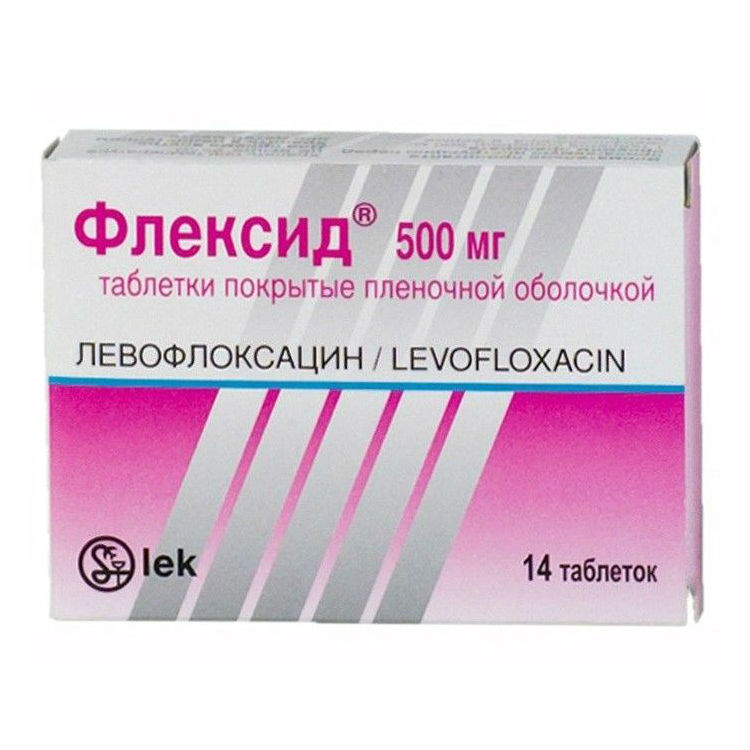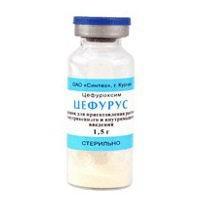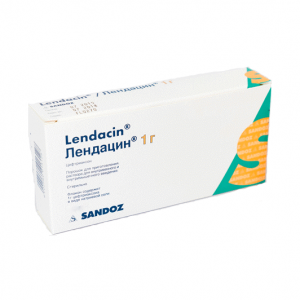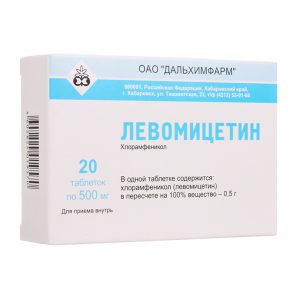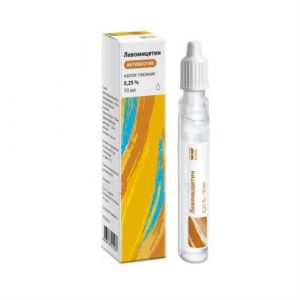Description
Release form
Film-coated tablets
Packing
14 pcs.
Pharmacological action of
Levofloxacin is a broad-spectrum antimicrobial bactericidal agent that blocks DNA gyrase and topoisomerase IV, inhibits DNA synthesis.
Active against aerobic gram-positive microorganisms: Enterococcus faecalis, Staphylococcus aureus (strains sensitive to methicillin), Staphylococcus haemolyticus (strains sensitive to methicillin), Staphylococcus saprophyticus, Streptococcus group C and G, Streptococcus agalactiae, Streptococcus pneumoniae, Streptococcus pyogenes aerobic gram-negative microorganisms: Acinetobacter baumannii, Citrobacter freundii, Eikenella corrodens, Enterobacter aerogenes, Enterobacter agglomerans, Enterobacter cloacae, Escherichia coli, Haemophilus influenzae, Haemophilus parainfluenzae, Klebsiella oxytoca , Klebsiella pneumoniae, Moraxella catarrhalis, Morganella morganii, Pasteurella multocida, Proteus mirabilis, Proteus vulgaris, Providencia rettgeri, Providencia stuartii, Pseudomonas aeruginosa, Serratia marcescens anaerobic microorganisms: Bacterocentritis, Perfectocides other microorganisms: Chlamydia pneumoniae, Chlamydia psittaci, Legionella pneumophila, Mycoplasma pneumoniae.
Aerobic gram-positive microorganisms are intermediate-sensitive to the preparation: Staphylococcus haemolyticus (methicillin-resistant strains) aerobic gram-negative microorganisms: Burkholderia cepacia anaerobic microorganisms: Bacteroides ovatus, Bacteroides thetaiotamicgridium,.
Staphylococcus aureus (methicillin-resistant strains) are insensitive to levofloxacin.
Indications
Infections caused by drug-susceptible microorganism strains: – ENT infections (acute sinusitis)
– lower respiratory tract infections (acute bronchitis, chronic bronchitis, community-acquired pneumonia)
– uncomplicated urinary infections – urinary tract and kidney infections (including pyelonephritis)
– prostatitis
– infections of the skin and soft tissues.
Contraindications
– epilepsy
– tendon lesions, arising from a previous treatment with fluoroquinolones
– under 18 years old
– pregnancy
– lactation (breastfeeding)
– hypersensitivity to levofloxacin or other quinolones, and / or other components of Flexid.
Caution should be exercised: – when prescribing levofloxacin in combination with drugs that affect tubular secretion, such as probenecid and cimetidine, especially in the treatment of patients with impaired renal function
– in the treatment of patients with a predisposition to epileptic seizures, during treatment with fenbufen and the like nonsteroidal anti-inflammatory drugs (NSAIDs) or drugs that lower the threshold of epileptic seizures, such as theophylline
– in patients with latent or obvious impaired glucose-6-phosphate dehydrogenase activity due to the risk of hemolytic reactions.
Composition
1 tab. contains:
Active ingredients: levofloxacin (in the form of a hemihydrate) 500 mg
Excipients: lactose monohydrate, povidone, sodium carboxymethyl starch, talc, silicon anhydrous colloidal dioxide, croscarmellose sodium, glyceryl dibehenate
Shell composition: hypromellase, red gaseous hydroxide, yellow , titanium dioxide, talc
Dosage and administration
Flexid is taken orally: without regard to food intake, 250-500 mg once a day. The duration of treatment depends on the indications for use. In case of impaired renal function, an adjustment of the administration regimen is required, including dose reduction depending on creatinine clearance.
Side effects
The following side effects were classified as follows: very common (> 10%), common (1-10%), uncommon (0.1-1%), rare (0.01-0.1%), very rare (<0.01 %). From the digestive system: common – nausea, diarrhea (including blood), increased activity of liver enzymes (ALT, AST) uncommon – decreased appetite, vomiting, abdominal pain, dyspepsia, hyperbilirubinemia rare – enterocolitis, pseudomembranous colitis is very rare – hypoglycemia, hepatitis. From the nervous system: non-common – headache, dizziness, sleep disturbance rare – paresthesia, tremor, anxiety, agitation, confusion, convulsions are very rare – hallucinations, extrapyramidal disorders and other disorders of coordination. On the part of the sensory organs: very rare – impaired vision, hearing, smell, taste and tactile sensitivity. From the cardiovascular system: rare – tachycardia, very rare hypotension – vascular collapse. From the side of the musculoskeletal system: rare – arthralgia, myalgia, tendonitis are very rare – tendon rupture (for example, the Achilles tendon), muscle weakness (is especially important for patients with myasthenia gravis) in some cases – rhabdomyolysis. From the urinary system: not common – hypercreatininemia is very rare – interstitial nephritis, impaired renal function up to acute renal failure. From the side of the blood system and blood-forming organs: not common – eosinophilia, rare leukopenia – neutropenia, thrombocytopenia are very rare – agranulocytosis in some cases – hemolytic anemia, pancytopenia. Allergic reactions: non-common – itching, rash rare – urticaria, bronchospasm, dyspnea very rare – angioedema, hypotension, anaphylactic shock, allergic pneumonitis, photosensitivity in some cases – Stevens-Johnson syndrome, toxic epidermal necrolysis (multi-epidermal necrolysis) erythema. Other: not common – asthenia is very rare – fever, vasculitis. Storage conditions In the dark place at a temperature of no higher than 25 ° C. Shelf life 3 years. active substance Levofloxacin lekarstvennaja form tablets Lek dd, Switzerland
